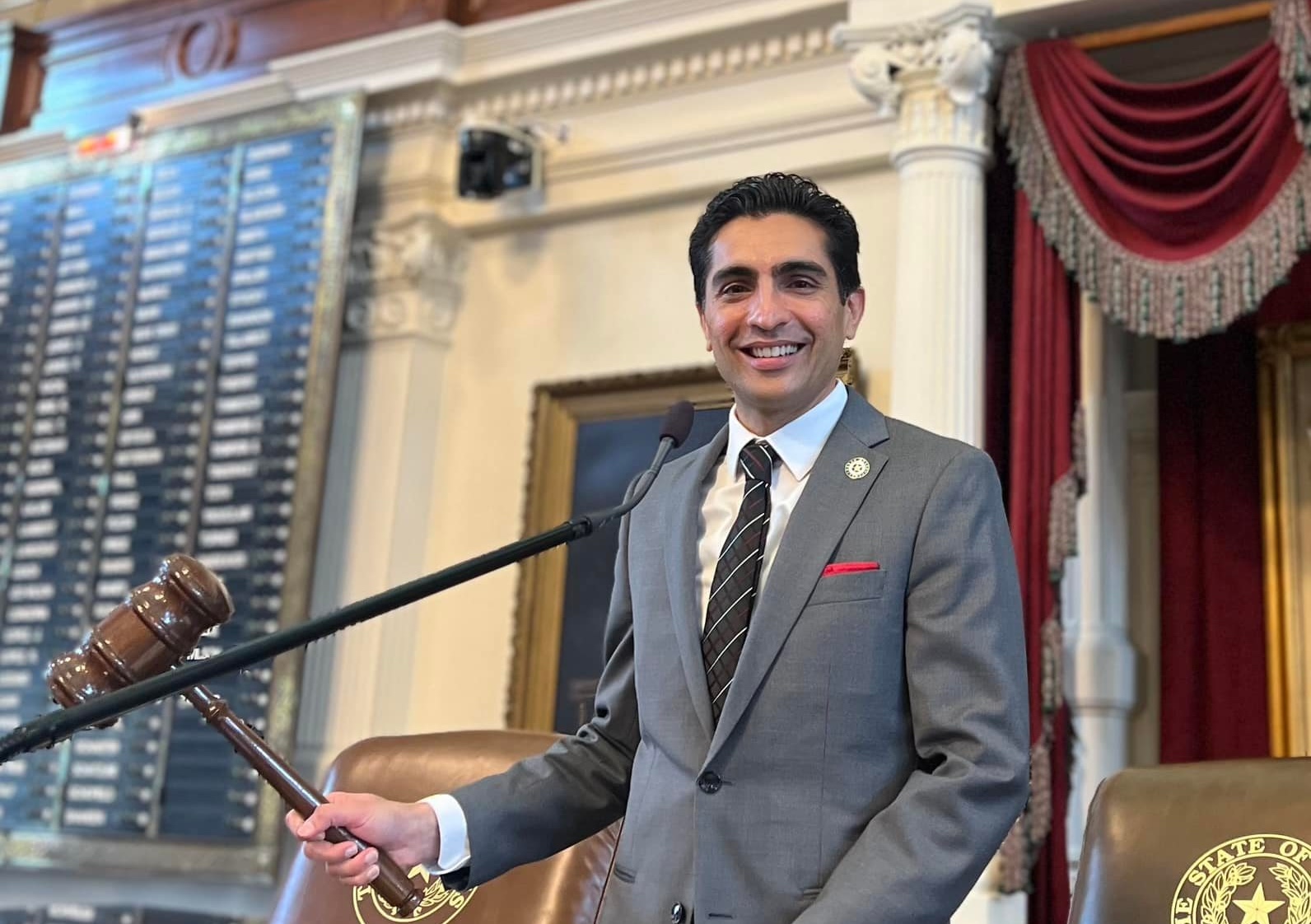Houston City Council approved the 2015 Houston Organization of Public Employees (HOPE) agreement for municipal employees with very little fanfare or scrutiny. The three-year agreement offers increased benefits to employees covered by the contract but, as usual, at the expense of Houston taxpayers.
Arguably the biggest item to come out of the contract was the increase in municipal employee minimum wages. HOPE employees’ current minimum wage is already higher than the state’s minimum wage, but the union managed to negotiate an increase from $10 to $12 per hour. According to a memo we obtained, the minimum wage adjustment alone will cost Houston taxpayers $1.4 million more per year. For fiscal year 2016, the total cost of the HOPE agreement will be about $9.1 million.
In fiscal year 2018, if the city projects their revenue to reach $1.9 billion or more, city employees will get a 1% across-the-board raise. What’s more, if this projected revenue is met, the total cost of the three-year contract will be $45.2 million citywide. If the projected revenue is not met, the city will forego the 1% across-the-board raise, but the plan will still cost city taxpayers $37.4 million.
As if Houston politicians didn’t already have an incentive to amend or repeal the revenue cap, now that a municipal pay raise hangs in the balance, that incentive grows.
According to the Houston Chronicle, by the end of the three-year agreement, no current municipal employee will be making less than $13.55 per hour, nearly double the state’s minimum wage.
HOPE President Melvin Hughes said, “I’d like to see that there was a little bit more money put into it.”
Unions will be further empowered under a provision for “Information Requests.” The agreement explains that each quarter, at the request of HOPE, the city will provide a complete list of municipal employees with their names, mailing and permanent addresses (as allowed by the Texas Government Code), contact emails, and phone numbers, salary, overtime and holiday details, and the list goes on. This gives the union the ability to target non-members for their own purposes. The Texas Public Policy Foundation has argued against this practice, saying their need to be safeguards in place to prevent this.
While HOPE benefited the most out of this contract negotiation, it was done at the expense of the city and its taxpayers. All too often we see unions and government employees taken care of first, while the needs of taxpayers come as an afterthought. When city finances are in disarray and officials are looking to the taxpayers to fund the solution, municipal unions should also be expected to make sacrifices.




